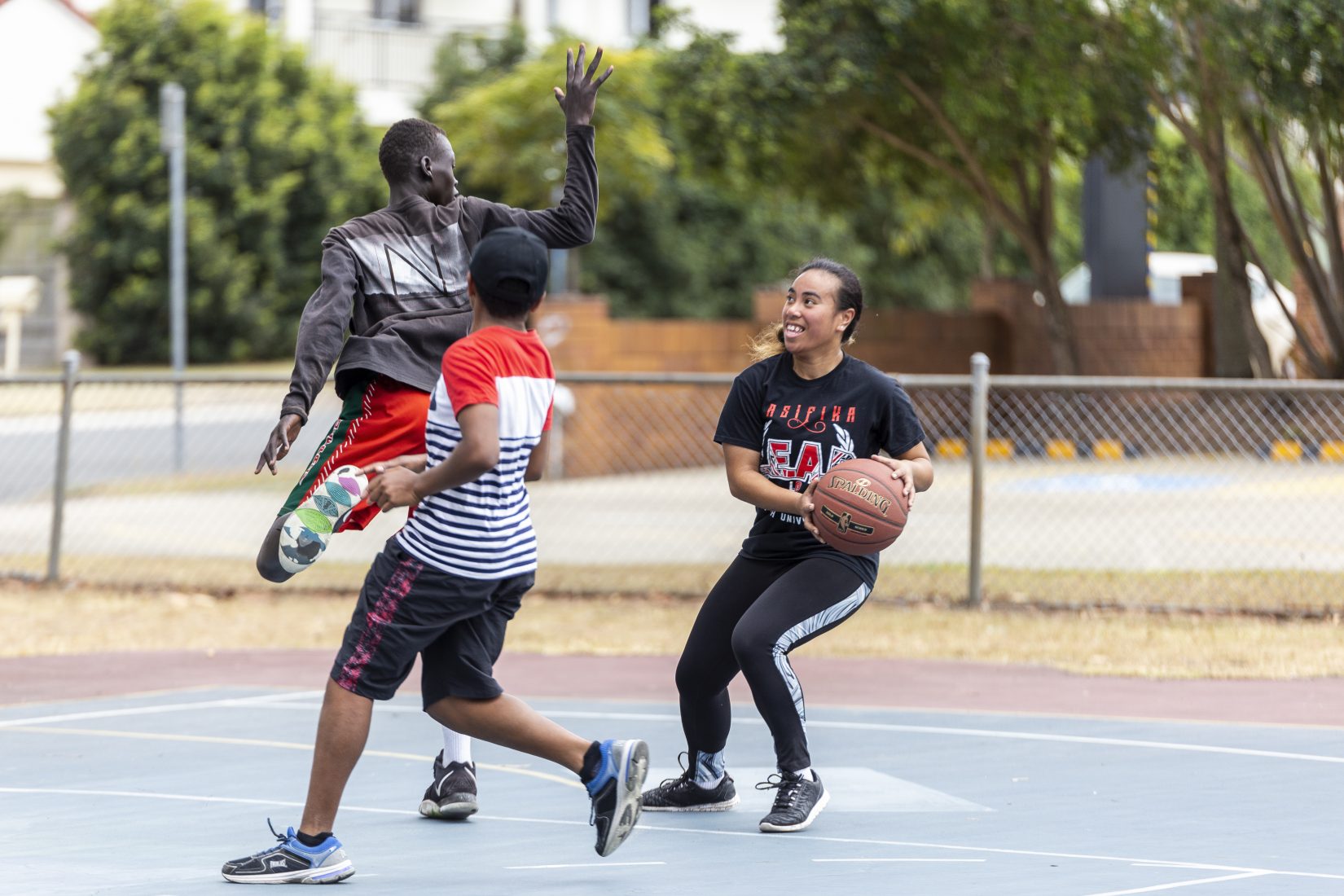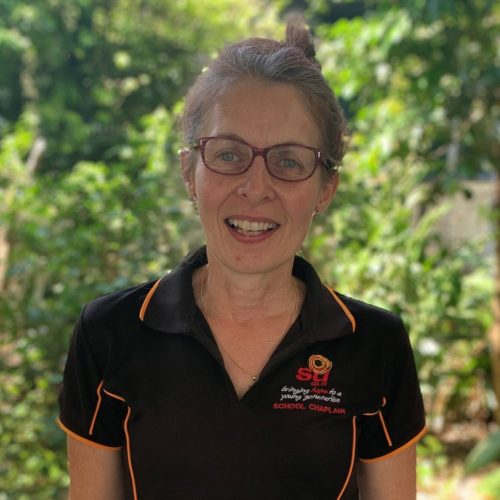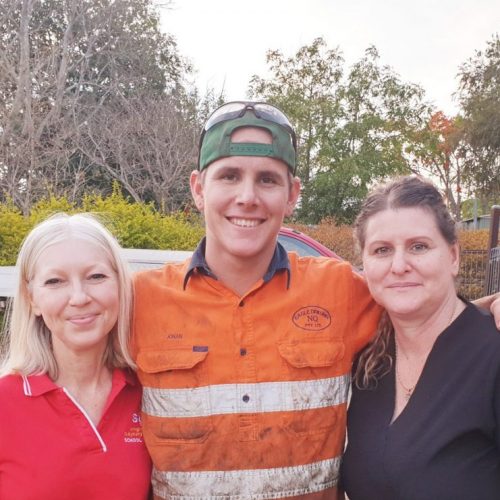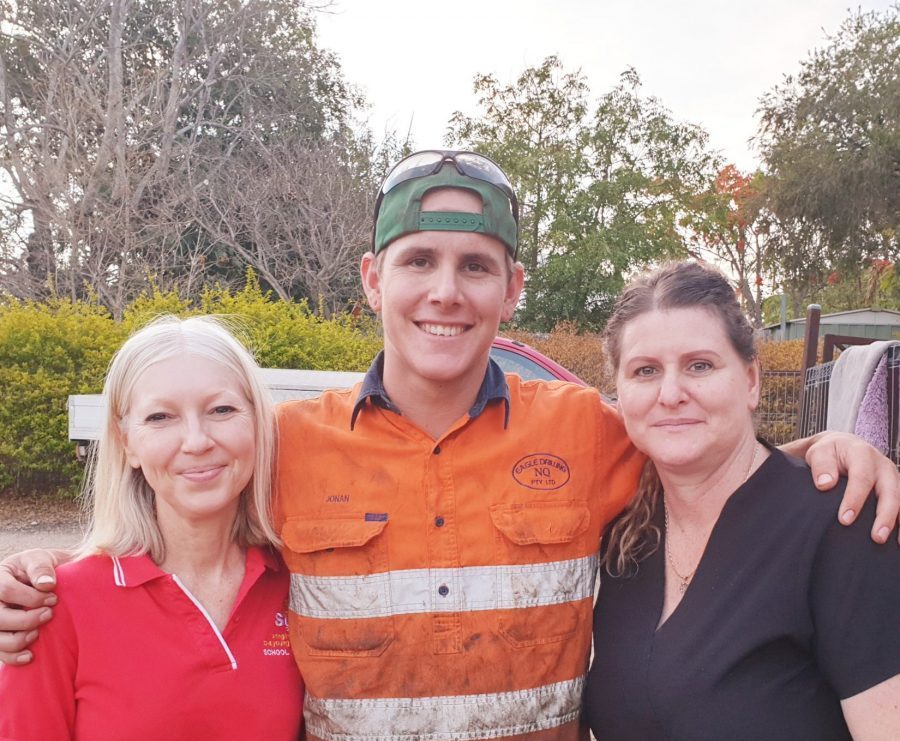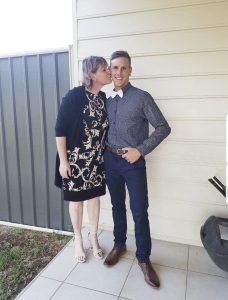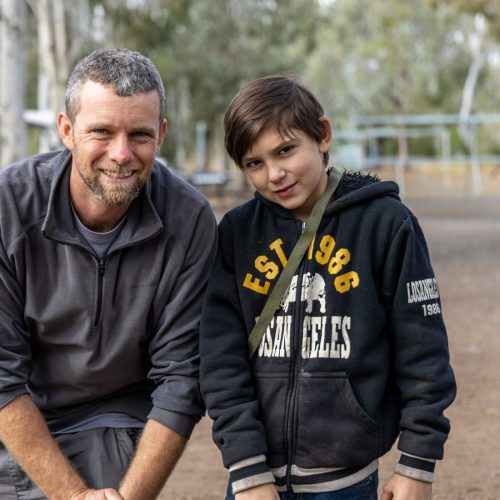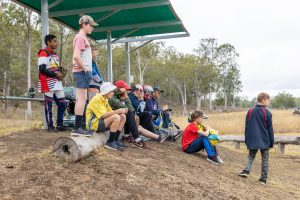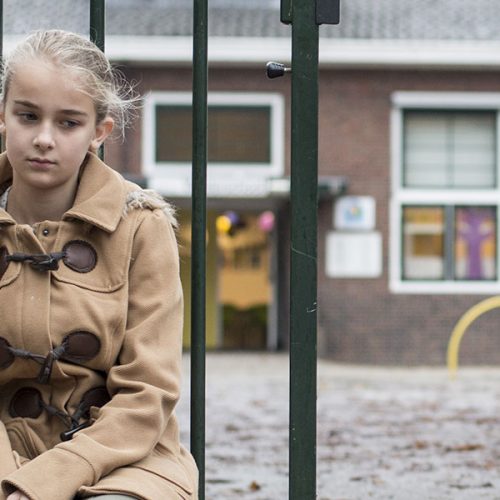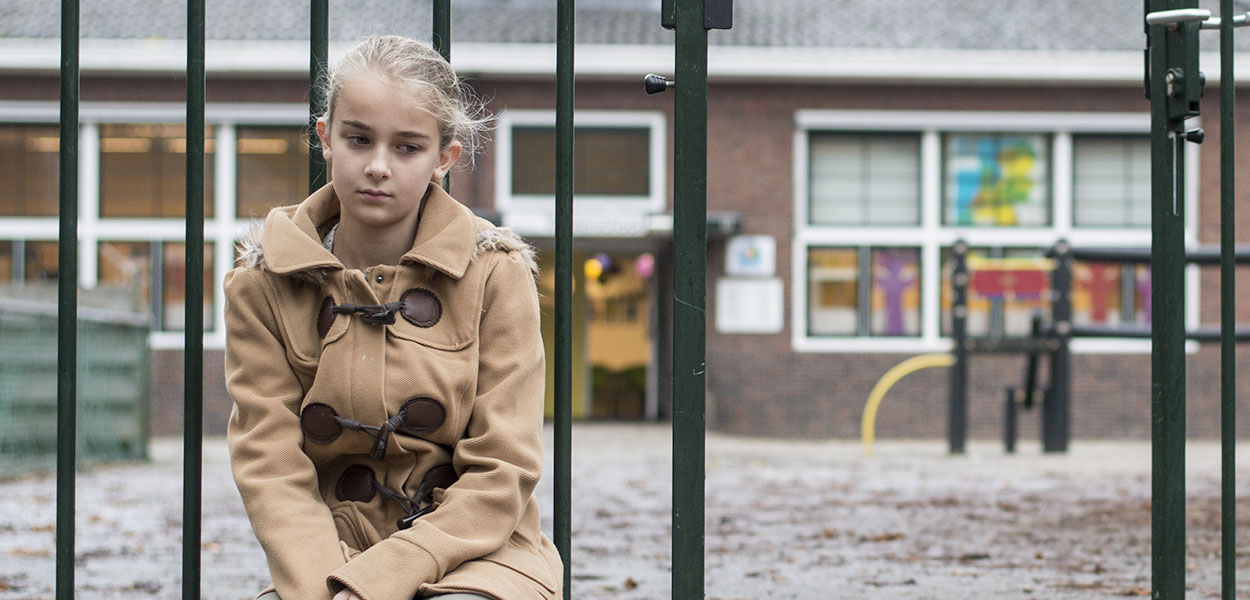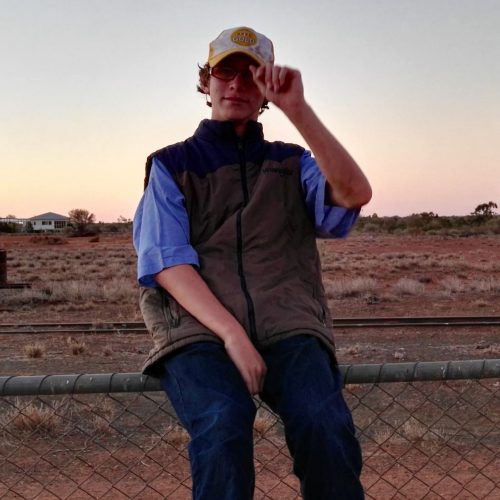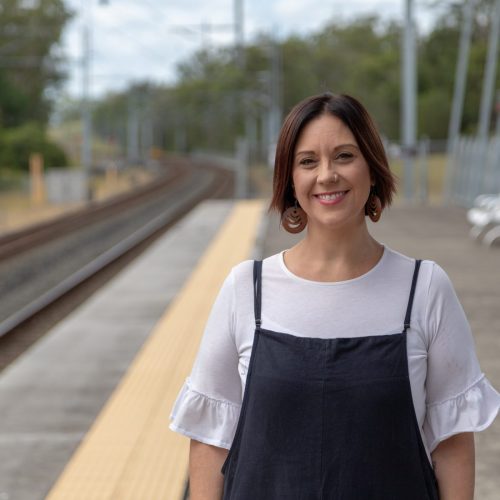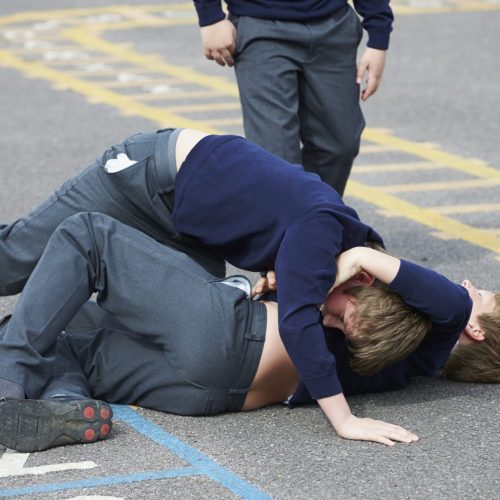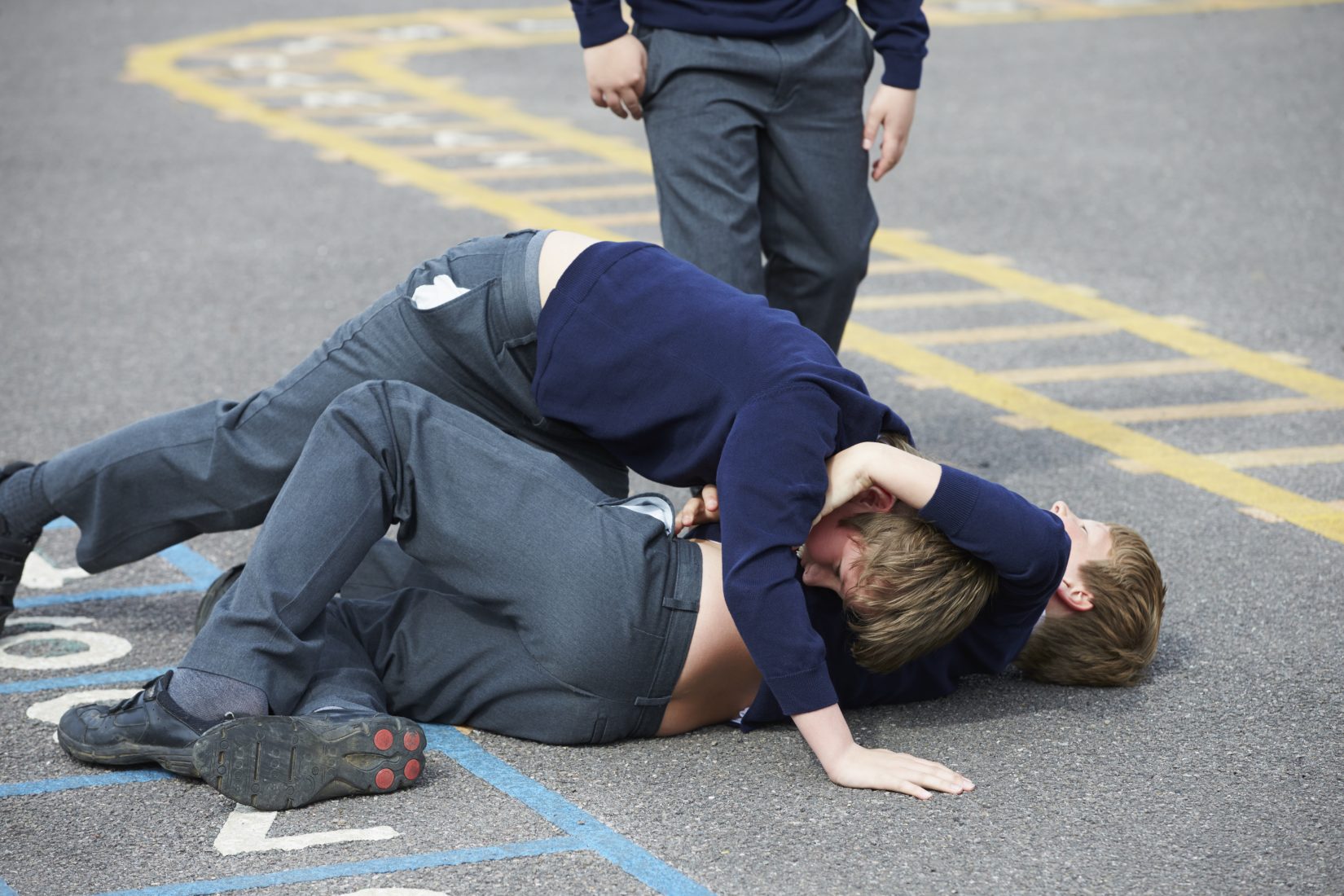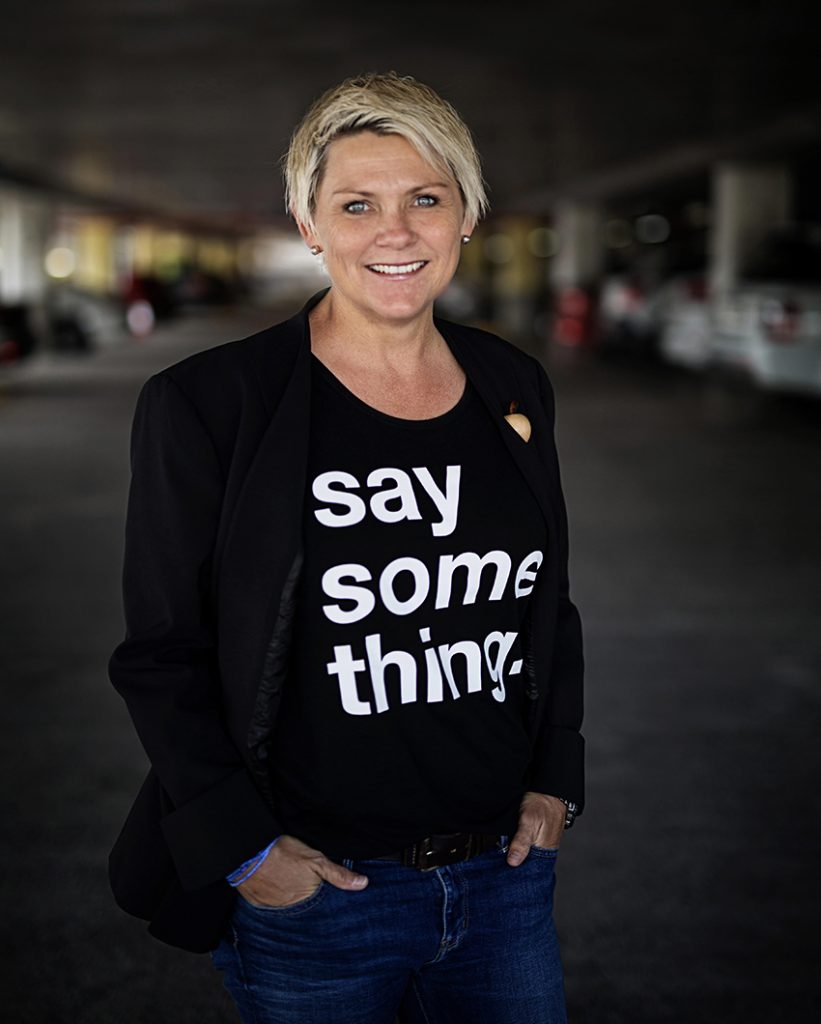
You’re helping children like Jonah beat the odds
Through your support school chaplains are supporting children and young people in need, particularly those considered to be at-risk. Tragically, young Indigenous Australians continue to be significantly more at-risk…
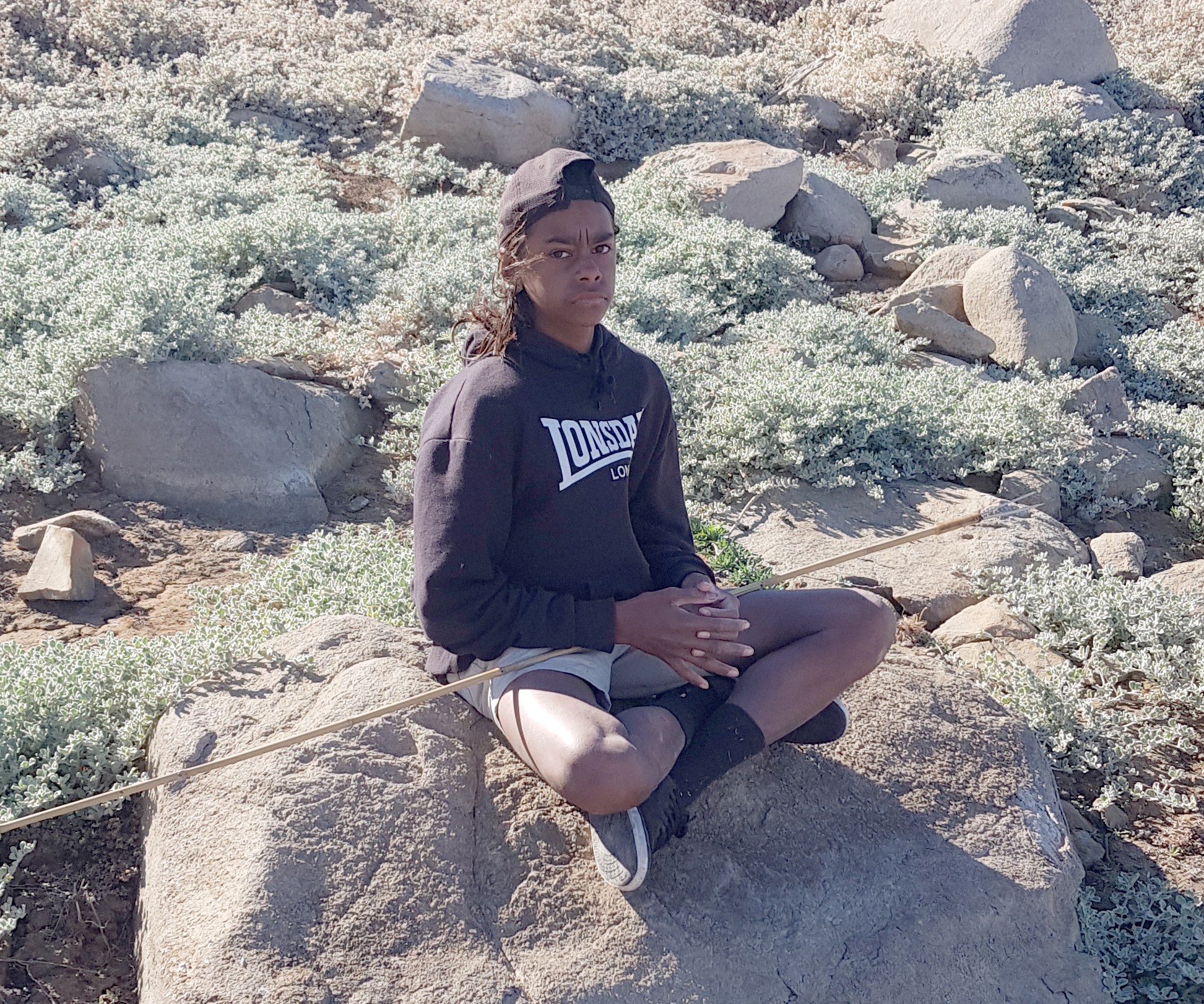
Through your support school chaplains are supporting children and young people in need, particularly those considered to be at-risk.
Tragically, young Indigenous Australians continue to be significantly more at-risk across many categories when compared with their non-Indigenous peers.
They’re 26 times more likely to be incarcerated*, 10 times more likely to be placed in out-of-home care**, significantly less likely to finish year 12*** – and the list goes on.
These are stats regional school chaplains like Dan at Biloela State High are working to overcome through his A2B-inspired program for Indigenous boys in grades 7, 8 and 9.
The term-long program culminated in a peak camping experience, which was made possible through a generous grant from Collier Charitable Fund.
“The boys loved coming together for the program and camp. They learned some valuable life skills along the lines of teamwork, trust, communication and perseverance,” says Chappy Dan.
“We saw lots of moments of triumph and challenge, and we were able to give the boys the freedom to have fun in a structured and caring environment. One highlight was the trust fall. They went from being scared to do it, to cheering each other on.”
One participant, Jonah, says he was particularly grateful to connect with his friends and embrace his heritage.
“My favourite part about camp was using the fishing rods. I also really liked cooking on the hexi stoves,” says Jonah.
Chappy Dan could see with his own eyes the profound change in each of these young men, and this was backed up by the stats when they got back to school.
“One boy had 40 behavioural incidents in Term 2, and this halved when the program was running in Term 3. Halving that amount of incidents is almost unheard of,” says Chappy Dan.
“It was awesome to see the boys really come into their own. The aim of the program was to develop a sense of identity and pride, and that’s what we saw happen.”
“Our school is happy, the kids are sad it’s over, and parents are extraordinarily thankful. It was a great success.”
Your support means chaplains like Dan can serve in the early intervention and prevention space for our at risk youth.
Please continue to support this vital work. Click here to donate: www.suqld.org.au/donate
*Australian Institute of Health and Welfare, 2016, Youth detention population in Australia 2016, pg. 10
**17. Australian Institute of Health and Welfare 2017, Child protection Australia 2015-16
***Closing the Gap Prime Minister’s Report 2017, Department of the Prime Minister and Cabinet, pg. 43
Posted: 8/04/2020



